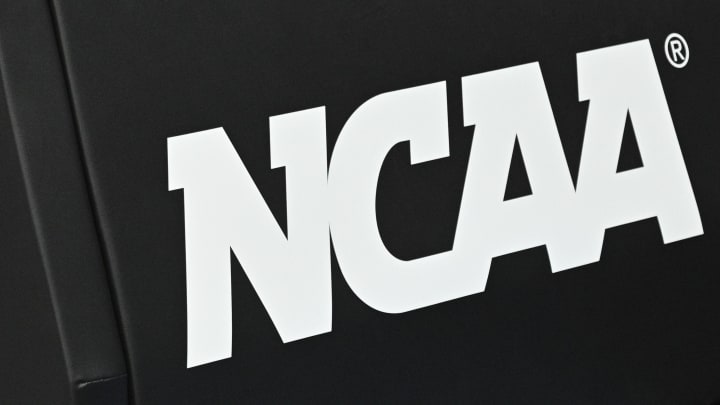NCAA, Power Five Conferences Agree to Let Schools Directly Pay Athletes

For the first time in the history of college sports, the NCAA and five power conferences—the ACC, Big Ten, Big 12, SEC and Pac-12—have agreed to allow schools to directly pay athletes.
The NCAA and the five conferences announced a multibillion-dollar agreement on the House v. NCAA antitrust case on Thursday. ESPN's Dan Murphy and Pete Thamel reported they are also moving forward on two other federal antitrust cases—Hubbard v. NCAA and Carter v. NCAA.
"The five autonomy conferences and the NCAA agreeing to settlement terms is an important step in the continuing reform of college sports that will provide benefits to student-athletes and provide clarity in college athletics across all divisions for years to come," NCAA president Charlie Baker and the five power conferences commissioners said in a joint statement. "This settlement is also a road map for college sports leaders and Congress to ensure this uniquely American institution can continue to provide unmatched opportunity for millions of students.
"All of Division I made today's progress possible, and we all have work to do to implement the terms of the agreement as the legal process continues. We look forward to working with our various student-athlete leadership groups to write the next chapter of college sports."
As part of the agreement, the NCAA reportedly will pay over $2.7 billion in damages to past and current athletes. Division I athletes dating back to 2016 are eligible to receive a share.
Additionally, the NCAA and the five power conferences agreed to a revenue-sharing plan that includes sharing around $20 million per year with athletes—something that likely will begin in the fall of 2025.
Despite the landmark agreement, there is still a desire among collegiate power brokers for Congress to step in and pass federal legislation to supersede the various state laws that have passed in recent years regarding the payment of college athletes through name, image and likeness deals.
“The settlement, though undesirable in many respects and promising only temporary stability, is necessary to avoid what would be the bankruptcy of college athletics," Notre Dame president John I. Jenkins said in a statement to Sports Illustrated. "To save the great American institution of college sports, Congress must pass legislation that will preempt the current patchwork of state laws; establish that our athletes are not employees, but students seeking college degrees; and provide protection from further antitrust lawsuits that will allow colleges to make and enforce rules that will protect our student-athletes and help ensure competitive equity among our teams.”
Per ESPN, formulas designed by a sports economist will decide how to split the $2.7 billion among over 10,000 current and former Division I athletes. The deciding factors for how much each athlete makes could revolve around market value, including career snap count or a player's star rating during the recruiting process.
